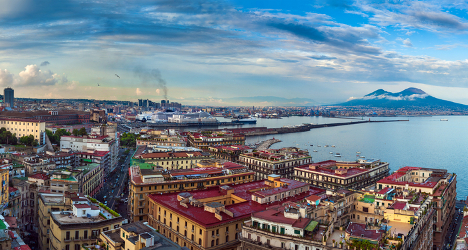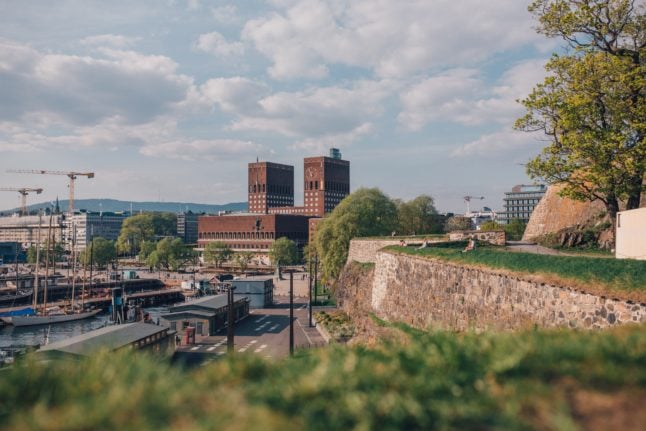For the second year in a row, there were more deaths than births in Italy's impoverished south.
Some 177,000 babies were born in the south last year – the lowest rate since 1861, the year Italy was unified – figures from the Association for the Industrial Development of Southern Italy (Svimez) show.
Adriano Giannola, president of the association, said the lack of newborns is the result of the “abandonment of the south”.
“The choice of austerity has, above all, hit the south: politics is all about bookkeeping rather than being a strategy for development,” he tells The Local.
Facing youth unemployment of over 40 percent, young southerners are heading north for work and “only the old people remain”, Gianolla added.
While birth rates elsewhere in the country are being boosted by the immigrant population, he said few foreigners go to southern Italy.
In an attempt to help low-income families, Prime Minister Matteo Renzi earlier this month promised an €80-a-month bonus for parents of newborns.
But Giannola described the move as a political “accessory” which will do little to increase the birth rate if not coupled with other measures.
“The problem is one of investment, not giving €80 a head,” he said.
Southern Italy has for years been blighted by poverty; half the number of families there survived on a monthly income of around €1,663 in 2012, according to figures on Thursday from the national statistics agency, Istat.
A total of 46.2 percent of people in the south face poverty or social exclusion, more than double the figure for the central and northern regions.
Facing such a stark reality – described as a “dramatic emergency” by Giannola – it is of little surprise that few couples are choosing to have a family.
“It’s a very serious problem, one which calls for a great effort to reflect and make decisions,” he said.
Giannola argued that the government must urgently address the situation in southern Italy and devise investment and development plans.
“It’s possible to do things, but they must do them, and with politics of energy and regeneration,” he said, rejecting the “slogans” of the Renzi government.
READ MORE: Births in Southern Italy at lowest rate since 1861



 Please whitelist us to continue reading.
Please whitelist us to continue reading.
Member comments